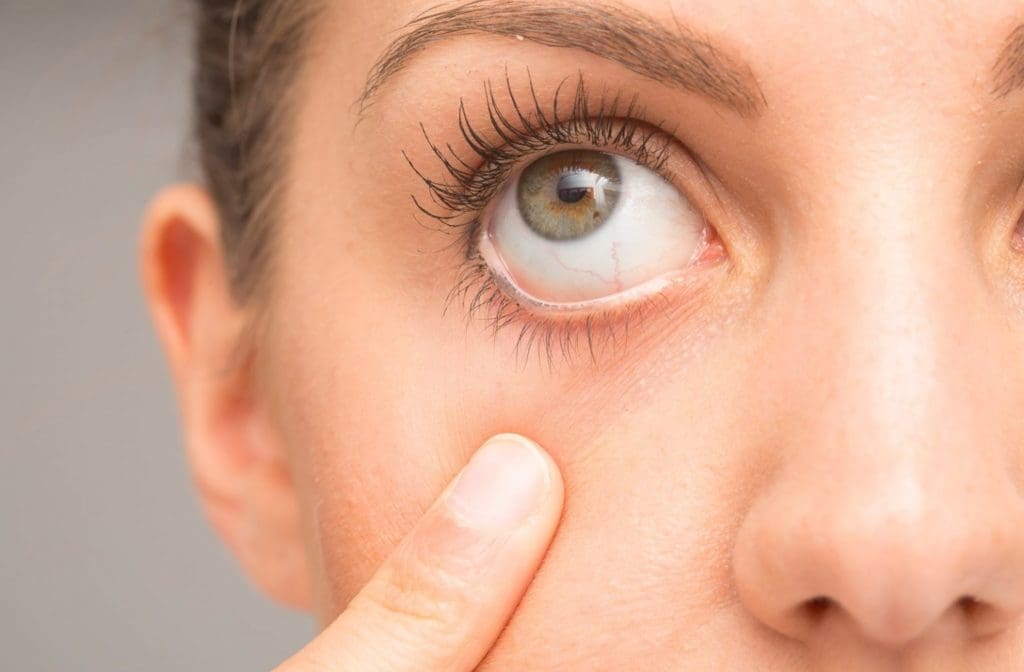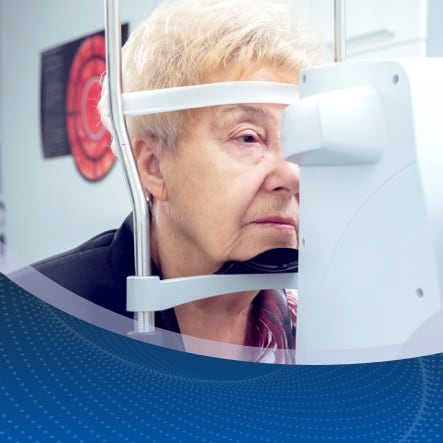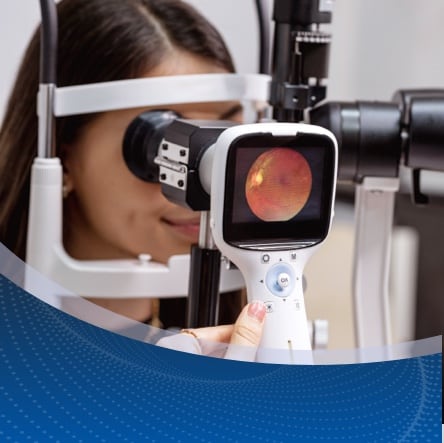Maintaining sound eye care habits is essential to eye health, whether keeping up with your doctors on the latest procedures or practicing good eye health habits. Dealing with cataracts is one of those crucial eye health procedures you can monitor.
But does everyone develop cataracts? Let’s explore cataracts, their symptoms, risk factors, and how you can restore your vision.
What are Cataracts?
Cataracts occur when your eye’s naturally clear lens gets clouded. Your eyes’ lens focuses light rays on the retina to produce a sharp image of what we see. When this lens becomes cloudy, those light rays cannot pass through it easily, and your vision becomes blurred.
A cataract occurs as you age—they start forming when proteins in microscopic clumps cause haziness, preventing the lens from sending clear images to the retina. Cataracts develop slowly and eventually interfere with your vision.
Some common symptoms of cataracts include:
- Blurry vision
- Trouble seeing at night
- Seeing colors as faded
- Increased sensitivity to glare
- Double vision in the affected eye
- Halos surrounding lights
- Frequent changes in prescription glasses
Cataract development is a normal aging process, and your genes may also play a role. Cataracts don’t occur overnight, and it’s a gradual process. The symptoms can also be gradual and may not be noticeable until cataracts become more advanced.
Cataracts Treatment
Depending on how much a cataract affects your vision, it may not need treatment if it is only slightly blurry. Simply updating your prescription may help improve your vision for a while.
When you’re no longer able to see well enough to go about your daily activities, like reading or driving, surgery will be your only option to remove a cataract. The cloudy lens is removed from your eye through a small surgical incision during the surgery.
Most procedures replace the natural lens with a permanent intraocular lens (IOL) implant. There are numerous intraocular lens options available, such as:
- The standard lens implant
- Astigmatic correcting lens implants
- Multi-focal lens implants
Read About: What Type of Lens Does Medicare Cover for Cataract Surgery?
The success rate of cataract surgery is excellent, and improved vision is achieved in most patients if other vision-limiting problems are not prominent. With your doctor, you can discuss and find the best lens option for you and your eyes.
Your doctor will conduct a thorough eye examination before your surgery. During this pre-operative appointment, your doctor will measure your eye to determine the proper power of the intraocular lens placed in your eye.
Does Everyone Develop Cataracts?
Does everyone have cataracts in their eyes? Not everyone is prone to cataracts, but it can be prevented.
Developing cataracts is all about the risk factors—while everyone may not deal with cataracts, they are age-related and a more common occurrence as you get older.
Some risk factors associated with cataracts include:
- Heavy alcohol use
- Smoking
- Obesity
- High blood pressure
- Too much sun exposure
- A family history of cataracts
Cataracts can develop from eye injuries, certain diseases, or medications. It’s essential to monitor the symptoms and risk factors associated with cataracts.
More than half of all Americans aged 80 or older either have cataracts or have had surgery to get rid of cataracts.
The development of cataracts can be inevitable as you age, but some prevention methods that can help slow down the process include:
- Wearing sunglasses and a hat with a brim to block the sun.
- Adjusting your lifestyle and quitting smoking altogether.
- Eating healthier with plenty of fruits and vegetables—particularly dark, leafy greens like spinach, kale, and collard greens.
- Get a dilated eye exam every two years if you’re 60 or older.
Cataracts are a normal aspect of aging that you can manage with proper eye health habits. The evolution of vision treatment allows for very effective cataract surgery to remove cataracts safely.
Being Prepared For Cataracts
Cataract development is a very common process and can sometimes be inevitable. Limiting your risk factors is a good start. Practicing good overall eye care habits can help slow down cataract development. Book an appointment with your eye doctor today to learn more about cataracts and see if cataract surgery is an option for you.













